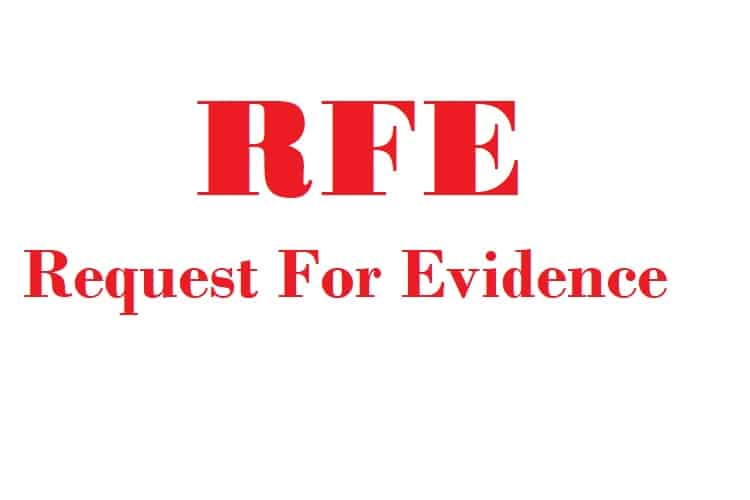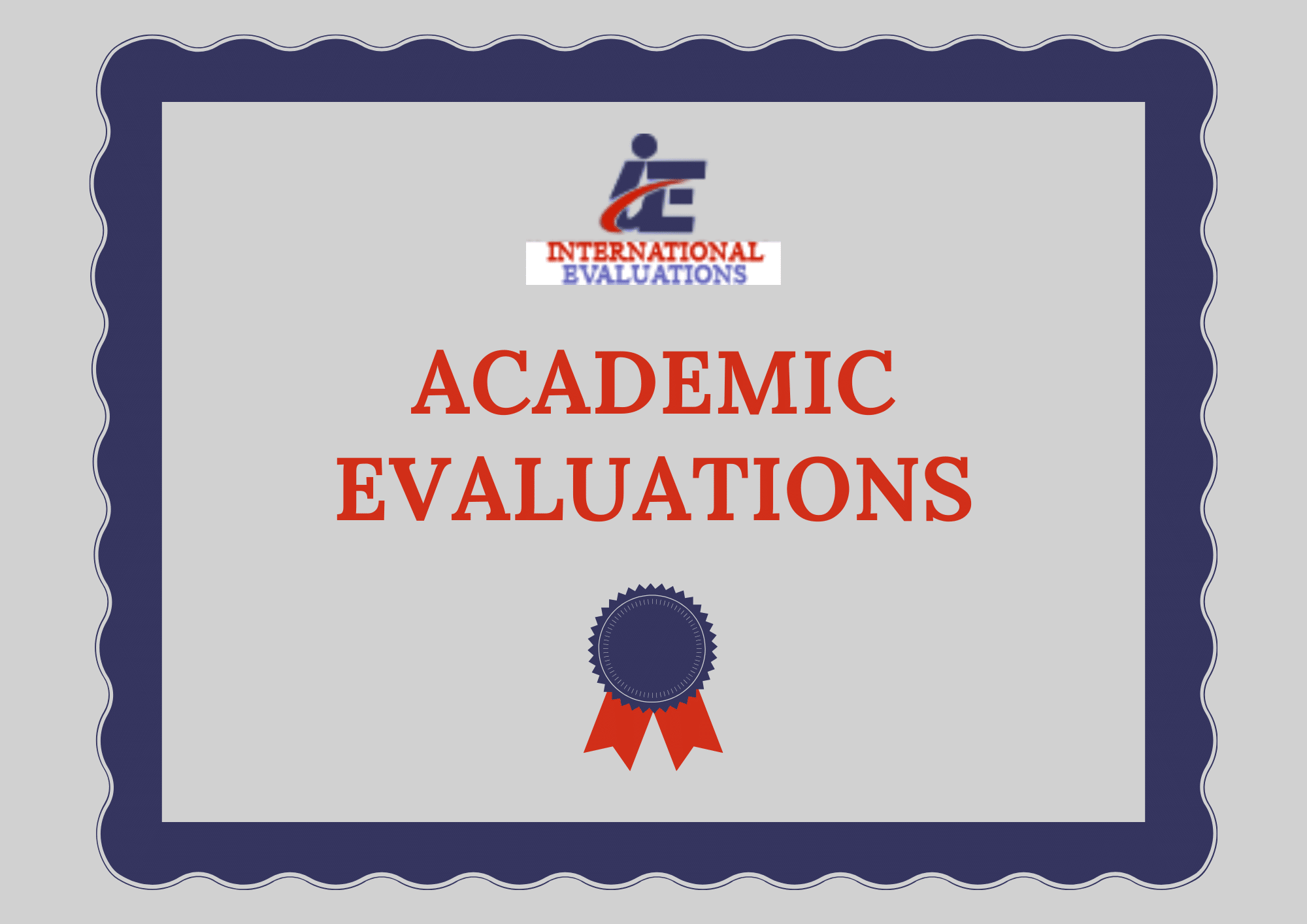Introduction
In a progressively globalized world, the need for experts who can browse global borders has never been greater. As business expand their operations throughout continents, comprehending the nuances of work experience examination becomes vital for both employers and workers. This post dives deep into the complexities of work experience evaluation, clarifying its significance in global movement, the procedures involved, and how it intersects with scholastic credential assessment and other crucial factors.
Understanding the Subtleties of Work Experience Assessment for Global Mobility
When we discuss work experience evaluation, we're basically talking about a structured method to evaluate a person's professional background, abilities, and proficiencies in a global context. This evaluation is important for numerous stakeholders including companies aiming to employ global talent, individuals looking for work abroad, and universities providing programs to boost employability.
Work experience assessments assist bridge the space in between diverse international employment requirements. They make sure that relevant experiences are recognized and valued appropriately. This process often includes an expert opinion letter which offers a comprehensive analysis of a prospect's qualifications relative to industry standards.
The Significance of Work Experience Evaluation in Global Mobility
Navigating International Standards
With different countries having actually differed requirements for evaluating professional experience, comprehending these disparities becomes vital. An effective work experience evaluation permits companies to align candidates' backgrounds with local expectations.
Enhancing Employability
For job candidates aiming for opportunities abroad, presenting an accurate depiction of their work history can considerably boost their employability. Evaluations conducted by reliable worldwide credential examination services provide potential companies a clear image of what prospects bring to the table.
Key Parts of Work Experience Evaluation
1. Document Verification
Document verification is essential in establishing the credibility of a candidate's work experience. Each document needs to be inspected completely to avoid fraud or misrepresentation.
2. Ability Assessment
An extensive skill evaluation examines the proficiencies gotten throughout previous work. This may consist of technical skills in addition to soft abilities like interaction or leadership abilities.
3. Expert Viewpoint Letter
A professional viewpoint letter plays a critical function in validating work experiences. It serves as an authoritative recommendation from acknowledged experts within particular markets or sectors.
Types of Credential Evaluations Related to Work Experience
1. Academic Credential Evaluation
This procedure evaluates academic credentials acquired from institutions outside the nation where one seeks employment or additional education. Understanding how academic qualifications relate to work experiences is crucial as some functions need particular educational backgrounds.
2. Course-by-Course Credential Evaluation
For applicants who want to demonstrate their academic standing in addition to practical experiences, course-by-course examinations offer comprehensive breakdowns naturally taken, grades got, and equivalencies established in relation to local education systems.
3. Company Strategy Evaluation
While primarily relevant for business owners, business strategy examinations can link with work experience evaluations when individuals seek financing or collaborations based on their previous functions and accomplishments within specific industries.
The Process of Performing a Work Experience Evaluation
Conducting a thorough evaluation includes a number of steps:
- Collecting necessary files such as letters from previous employers, pay stubs, or task descriptions. Engaging with global credential evaluation services that specialize in assessing foreign work experiences. Compiling findings into extensive reports that overview validated abilities and experiences clearly.
Challenges in Work Experience Evaluation
Despite its importance, there are obstacles connected with examining work experience internationally:
- Variability in job titles and obligations throughout various cultures can complicate comparisons. Inconsistencies in documents practices may lead to troubles in verifying claims made by candidates.
Best Practices for Effective Work Experience Evaluation
To https://internationalevaluations.com/expert-opinion-letter/ ensure accuracy and fairness in examinations:
Establish clear guidelines concerning what makes up legitimate work experience. Engage certified critics who comprehend both local and worldwide market demands. Utilize technology-driven options for efficient data collection and analysis.Future Patterns in Work Experience Evaluations
As globalization continues to evolve:
- We expect increased usage of expert system tools to enhance evaluations. More focus will likely be placed on soft abilities and flexibility together with standard hard skills due to changing workforce dynamics.
FAQs
Q1: What is an expert viewpoint letter?
A skilled viewpoint letter is a file supplied by industry experts that confirms a person's credentials or experiences according to market standards.


Q2: How does scholastic credential examination effect work experience?
Academic credential assessments assist contextualize instructional qualifications against regional expectations, improving understanding during work experience assessments.
Q3: Why do I need a course-by-course credential evaluation?
A course-by-course credential assessment offers in-depth insights into your academic history, demonstrating how your education complements your professional experiences.
Q4: Can my previous task title affect my work experience evaluation?

Q5: What kinds of documents are needed for work experience evaluations?
Usually needed documents include letters from previous companies detailing your role/responsibilities, pay stubs suggesting period at each position, and any associated certifications earned throughout employment.
Q6: How long does a common work experience evaluation take?
The period can vary extensively based on complexity however generally varies from numerous weeks as much as 3 months depending upon documents accessibility and confirmation needs.
Conclusion
Understanding the nuances of work experience assessment is essential for navigating today's worldwide workforce landscape effectively. By appreciating the intricacies involved-- varying from documentation verification through professional opinion letters-- it ends up being clear that this process is not merely governmental however deeply important to making sure that skill is recognized accurately across borders.
As companies significantly worth diverse perspectives brought by international skill pools, those included-- be it task candidates or employers-- must stay informed about best practices surrounding these evaluations while likewise adjusting as patterns develop within this vibrant field.
By harnessing reliable resources such as scholastic credential assessments and engaging with trusted global credential assessment services, individuals can strengthen their profiles significantly while companies can make educated hiring choices aligned with their strategic goals-- eventually cultivating growth within our interconnected world economy.